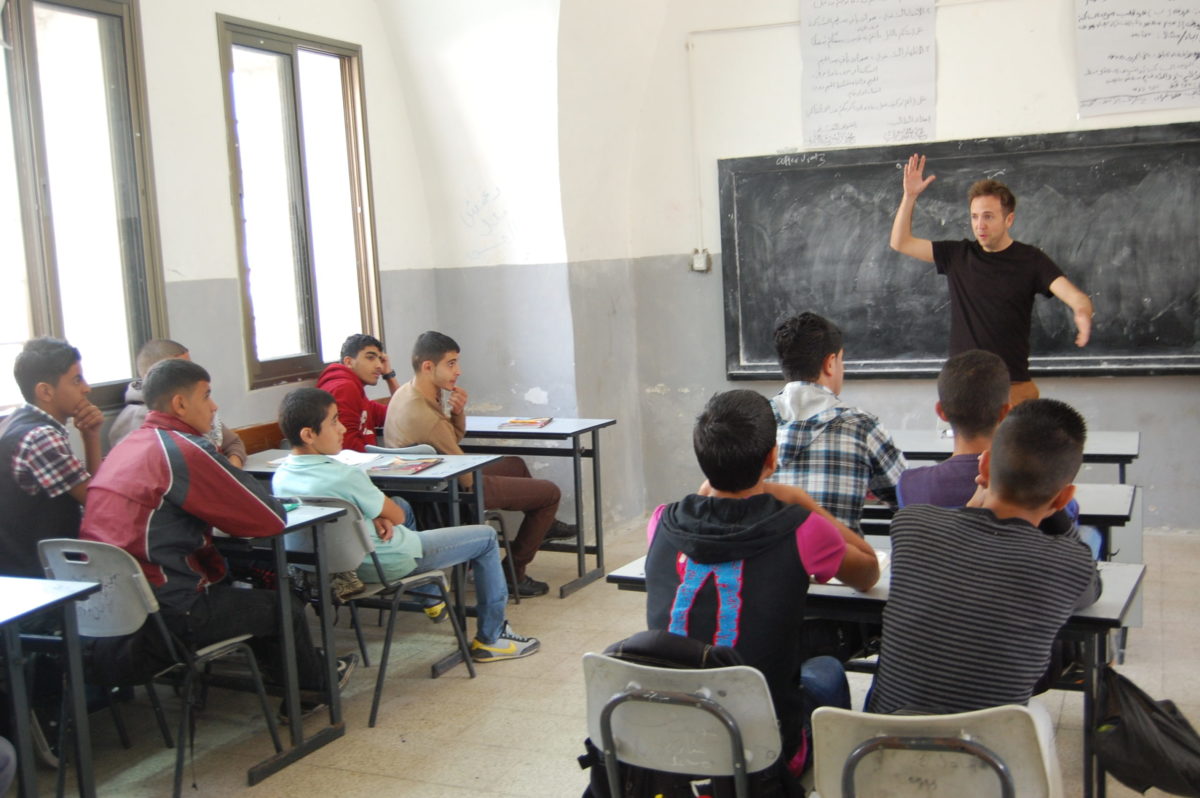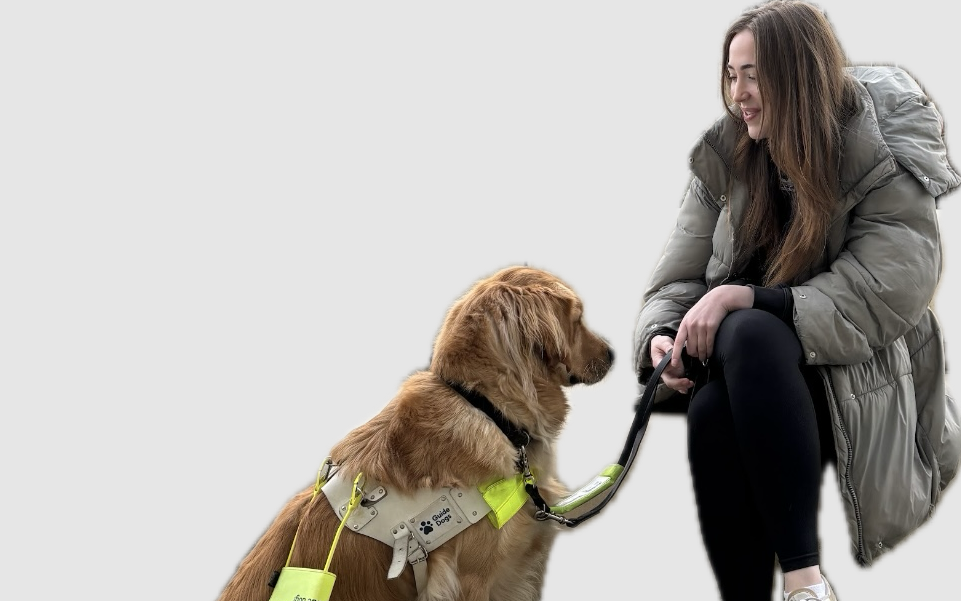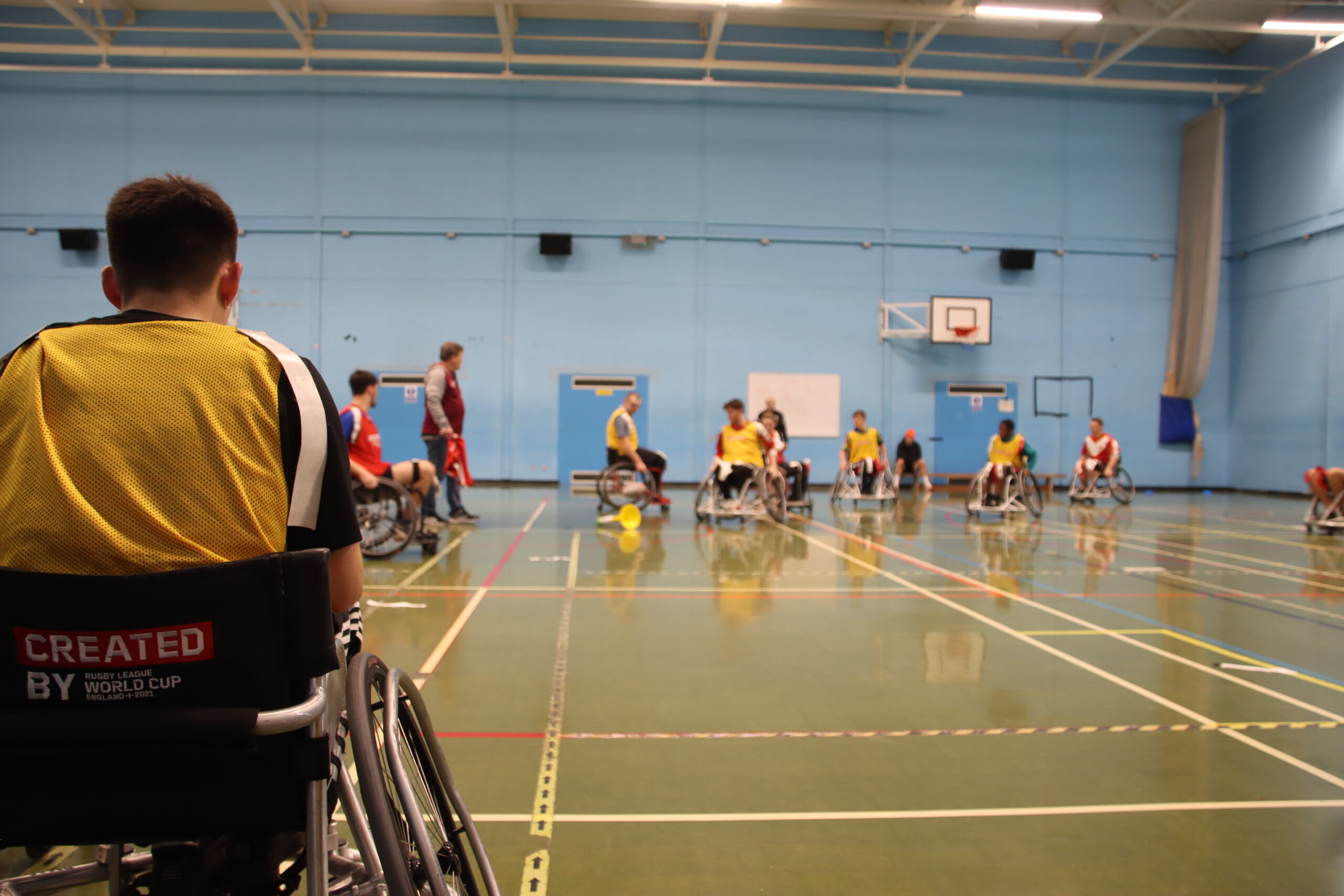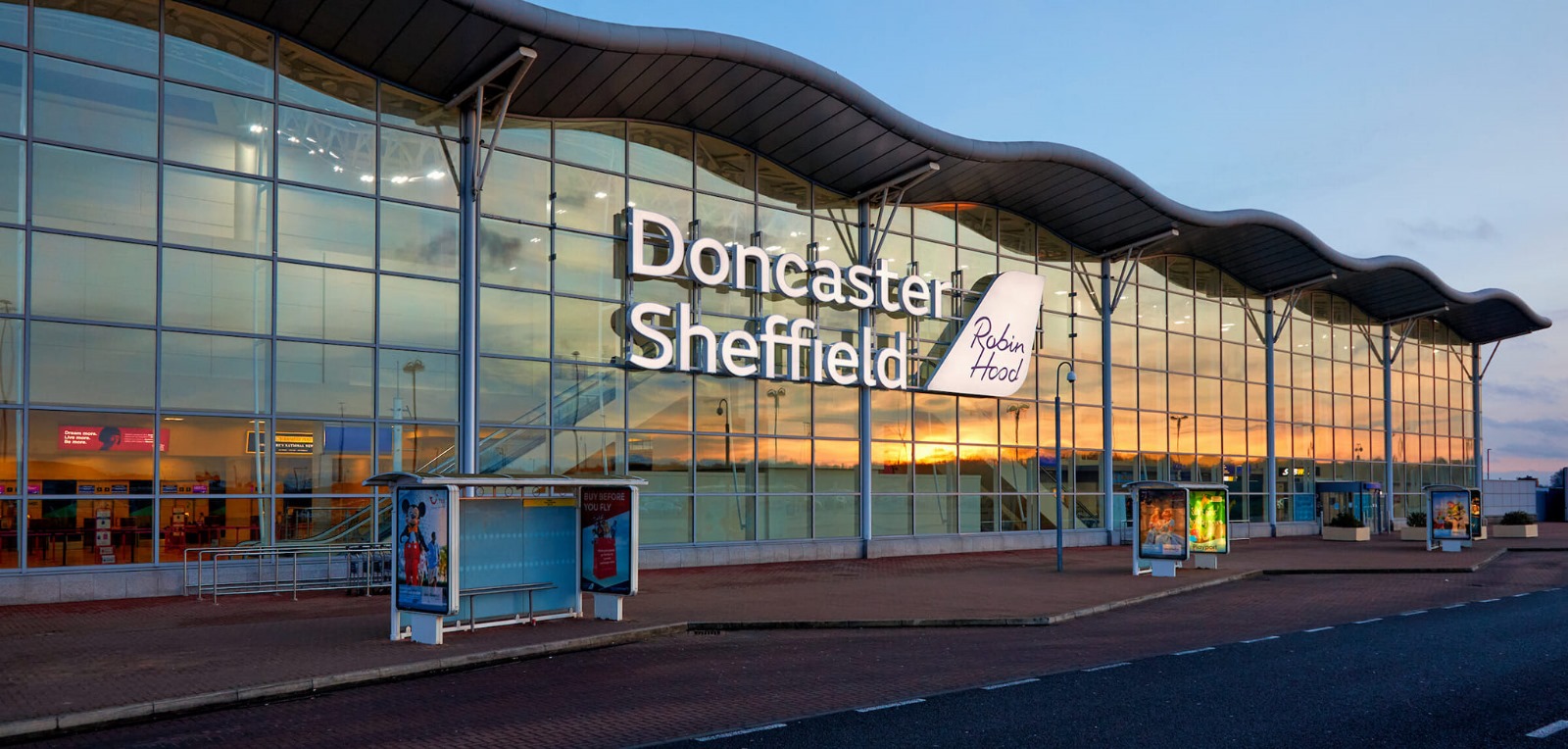Controversial debates have been sparked across schools following a classroom impartiality guide published last Thursday.
The Secretary of State, Nadhim Zahawi has said the guidance aims to allow children to form their own opinions without influence from teachers, but many teachers argue this influence is rare.
Wayne Chadburn, a Maths teacher at All Saints Catholic High School, Penistone, said: “It’s a sledgehammer to crack a nut.
“The vast majority of teachers have strong opinions but when we are in the classroom we get splinters in our backsides constantly sitting on the fence. There are a tiny minority of teachers who wear their views like a big shiny label.
“It’s this tiny minority this guidance is aimed at and it insults the integrity of the vast majority of teachers.”
The guidance comes after a Nottingham Primary School was blasted for encouraging children to criticise the Prime Minister.
Bradfield School teacher and local councillor, Ben Miskell, said: “this impartiality is normally down to lack of training.
“Our schools need to be safe places for the discussion of controversial issues and an antedate of toxic internet conspiracy theories.”

Ben Miskell, Sheffield Councillor and Teacher.
Although the guidance does not aim to limit teaching on ‘sensitive, challenging, and controversial political issues’.
Pepe Diiasio, headteacher of Wales High School Rotherham, said: “over prescriptive guidance could have the unintended effect of deterring open discussion.
Mr Diiasio said: “It has never been more important to facilitate and encourage discussions about political and contemporaneous issues as it is now. Young people are exposed to a swirl of misinformation online, and an increasingly toxic discourse on social media as well as in a political debate.
“Schools have a vital role in providing a safe space in which young people can examine and understand controversial issues.”




